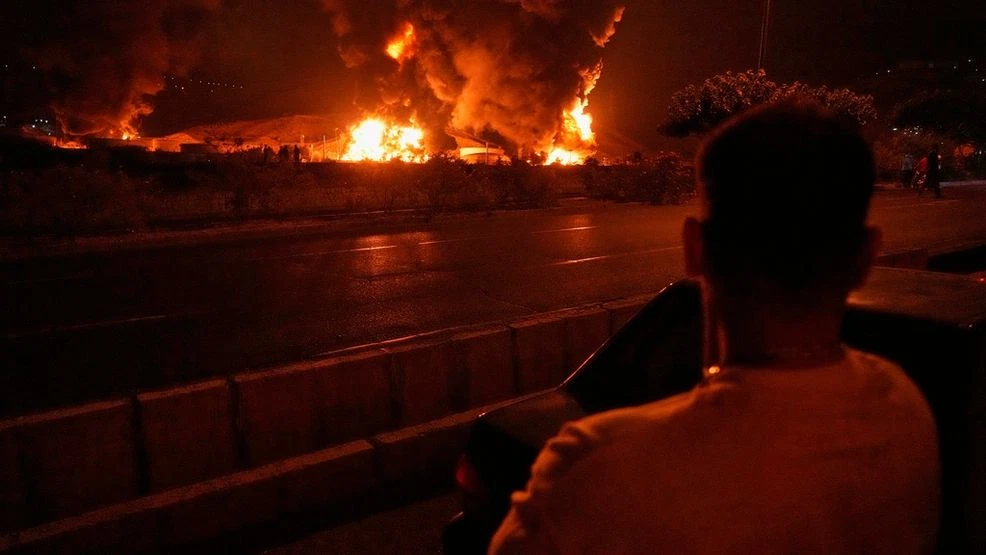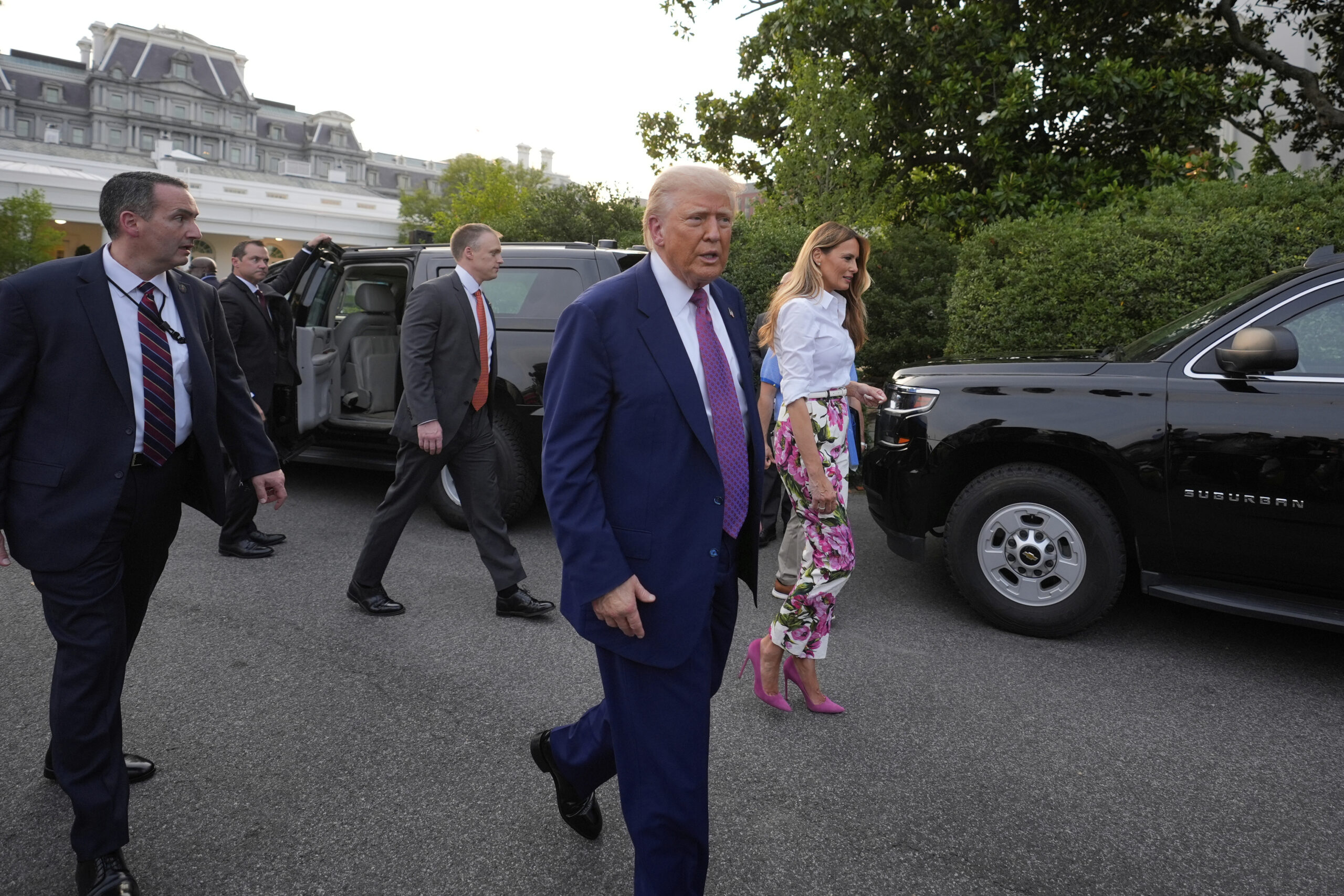Israel launched a large-scale military assault on Iran late Thursday, striking nuclear and ballistic missile sites in what officials have labeled Operation Rising Lion. The dramatic move comes after months of high-stakes but ultimately fruitless nuclear negotiations between Tehran and the Trump administration.
Despite the scale of the operation, U.S. officials were quick to distance themselves. Secretary of State Marco Rubio confirmed the U.S. played no role.
“Tonight, Israel took unilateral action against Iran,” Rubio said.
“We are not involved in strikes against Iran and our top priority is protecting American forces in the region. Israel advised us that they believe this action was necessary for its self-defense.”
The comments made clear that while Washington may be diplomatically engaged, Jerusalem is now moving on its own timeline.
Netanyahu: “Our Fight Is with the Dictatorship”

Following the assault, Israeli Prime Minister Benjamin Netanyahu offered a blunt explanation for the targets.
“We targeted Iran’s leading nuclear scientists working on the Iranian bomb. We also struck the heart of Iran’s ballistic missile program,” Netanyahu said.
“Our fight is not with the people of Iran, our fight is with [Iran’s] dictatorship,” he added.
Explosions were reported across Iran, including in its capital Tehran, where smoke could be seen rising in the aftermath. Fox News correspondent Trey Yingst confirmed the widespread reach of the Israeli strikes.
The Build-Up: From Threats to Action
According to the Israeli Defense Forces, the operation followed what they described as “high-quality intel” suggesting Iran was closer than ever to acquiring a nuclear weapon.
“We have no choice but to act against these existential threats to the State of Israel,” an IDF spokesman stated.
The airstrikes follow months of mounting tension. Israel had first signaled a potential offensive last November after repeated missile attacks from Iran between April and October 2024. The flashpoint came in April 2024, when Iran launched its first-ever direct strike on Israeli soil. Israel retaliated within days, hitting Iran’s S-300 long-range air defense system.
The tit-for-tat escalated with an October 1 ballistic missile strike by Iran and Israel’s follow-up attack on October 26 targeting Iran’s military infrastructure. Netanyahu later said that those Israeli strikes had partially damaged Iran’s nuclear program.
Trump Urged Restraint While Negotiating Behind the Scenes

As Israel edged closer to confrontation, the Trump administration was pursuing a diplomatic path. Negotiations between Washington and Tehran, mediated by Oman, resumed in Muscat on April 12.
President Donald Trump, during a Washington meeting with Netanyahu on April 7, urged caution.
Trump repeatedly called on Netanyahu not to hit Tehran and to let negotiations proceed.
At the time, U.S. Middle East Envoy Steve Witkoff outlined modest initial goals for the talks.
Witkoff told Fox News that the U.S. was seeking to limit Iran’s uranium enrichment to 3.67% — the threshold generally accepted for civil energy use under the now-defunct Joint Comprehensive Plan of Action (JCPOA).
But just days later, on April 15, the U.S. toughened its stance.
“Iran must stop and eliminate its nuclear enrichment and weaponization program,” Witkoff declared.
This hardening of rhetoric marked a turning point.
Diplomacy Unravels Despite Repeated Rounds
After the initial April 12 session in Muscat, two more rounds of talks followed in Rome on April 19 and Muscat again on April 26. Optimism lingered in both camps, with quiet hopes for a breakthrough.
Still, tensions flared after the U.S. imposed another round of sanctions in late April, leading Iran to postpone talks initially scheduled for May 3.
The fourth round went forward but hit turbulence when Iran dismissed Washington’s zero-enrichment stance as unacceptable.
Iran’s Foreign Minister Abbas Araghchi described the discussions as “difficult but useful,” and firmly reiterated that enrichment levels were a “non-negotiable.”
Progress in the fifth round, held in Rome on May 23, was described cautiously.
Oman’s Foreign Minister Badr al-Busaidi said there was “some but not conclusive progress.”
Yet by early June, both Trump and Iranian Supreme Leader Ayatollah Ali Khamenei were publicly refusing to budge, casting a long shadow over future talks.
Fate of Upcoming Talks Uncertain
A sixth round was set for Sunday in Oman, but the Israeli offensive has now thrown those plans into chaos. No official word has emerged on whether the dialogue will proceed.
As sirens wail in Israel and Iran calculates its next move, the world is holding its breath.



